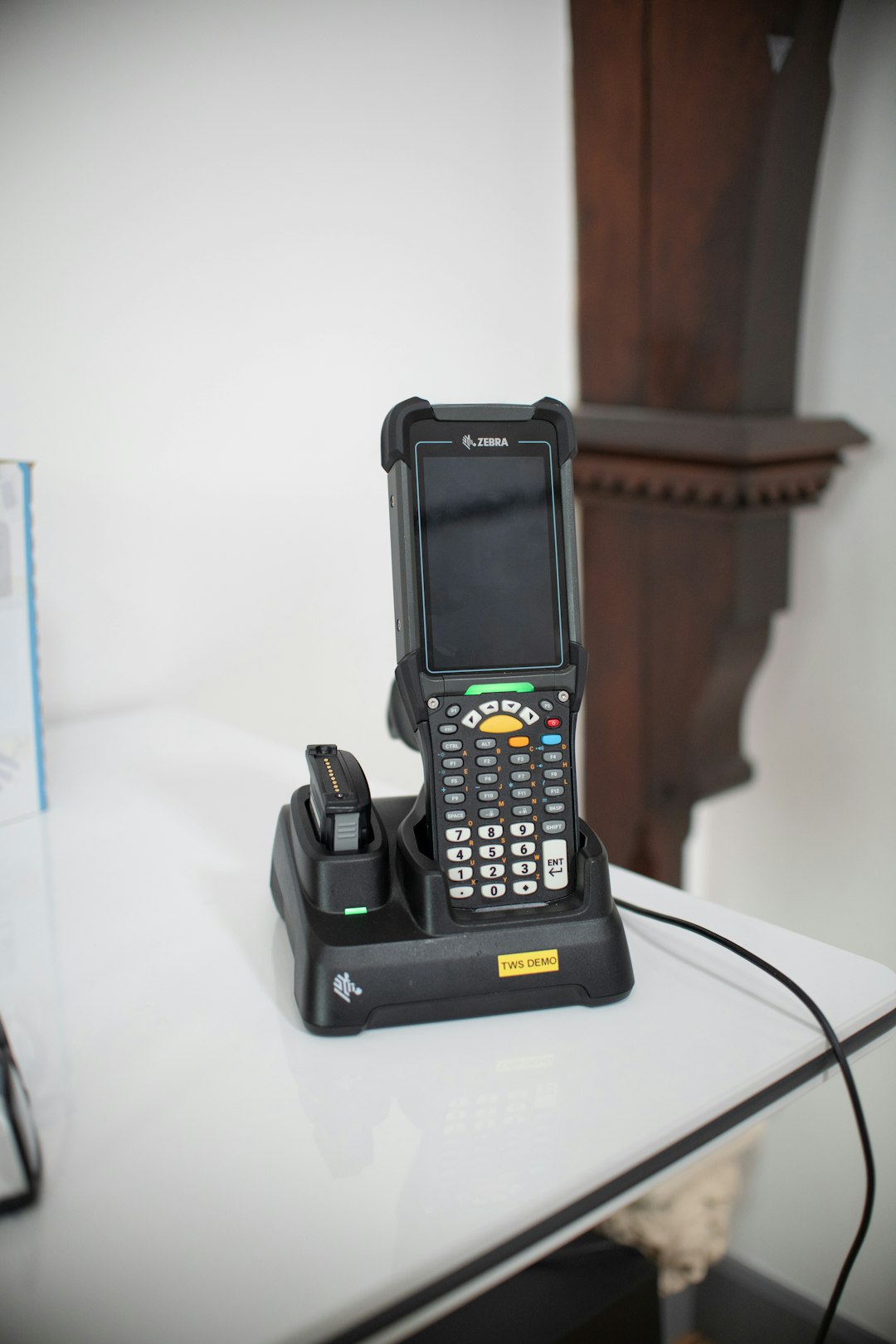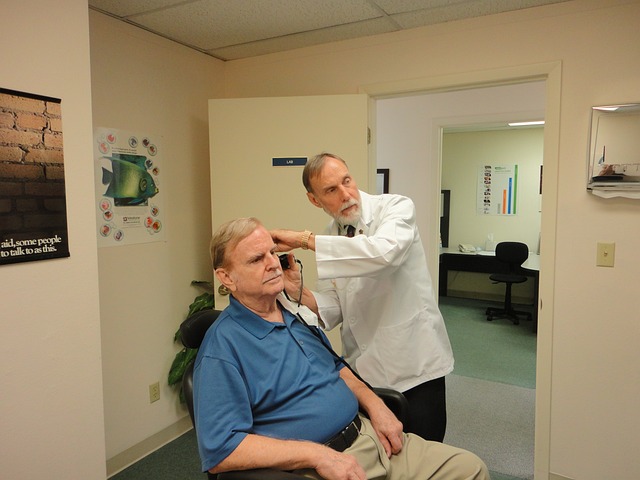It is crucial to have a sign language interpreter for hospitals available in hospitals to ensure that Deaf patients are getting access to the proper care. When it comes to medical emergency, communication is key to make sure that medical practitioners understand the patient’s information and also that the patient knows their treatments available. For Deaf patients, having a sign language interpreter present can relieve any stress of miscommunication and help ensure high-quality service.
In addition to Deaf patients, there are a growing number of patients who have different levels of hearing loss that might not initially appear in their medical documents. There is also a possibility that their hearing may worsen during their hospital stay. This is why it is essential to have well-trained sign language interpreters available at all times.
As one of the primary sources of communication between the Deaf/Hard of Hearing HoH and the medical team, sign language interpreters play a crucial role in bridging the gap. Interpreters ensure that the medical knowledge being conveyed is fully understood, which can enhance the quality of care that Deaf patients receive. They act as advocates for the Deaf patient to make sure they are receiving fair treatment and assist medical staff in identifying a patient’s non-verbal cues, so they can better understand the communication flow.
According to the Americans with Disabilities Act ADA, all medical facilities must provide equal treatment, meaning that Deaf patients should have access to the same medical services as hearing patients. Providing a sign language interpreter for hospital visits can dramatically improve the communication between the Deaf patient and medical team, and this can make a positive difference in treatment transparency as well.
Miscommunication between Deaf patients and medical practitioners is common in hospitals, which can cause negative results for both parties. An excellent example would be providing medication instructions. Patients sometimes need to take multiple medications with different instructions. It is essential to have clear communication on this to enhance the patient’s health, and this is where sign language interpreters play a crucial role in ensuring the patient receives the necessary information.
In cases of medical emergencies, quick and precise communication is crucial. Medical practitioners need to understand the patient’s condition and symptoms to provide them with the correct care. Deaf patients may experience additional fear, anxiety, or discomfort, which further emphasizes the importance of having a sign language interpreter for hospital visits. Without the help of a sign language interpreter, Deaf patients may feel like they are more of a burden on medical practitioners, and this can lead to additional stress during what is already a challenging time.
An issue Deaf and HoH patients usually face when they go to medical facilities is inadequate communication access. This occurs when medical facilities do provide sign language interpreters for hospital visits, but they are not qualified or experienced enough to provide the appropriate level of service. The medical facility should ensure that the sign language interpreters provided are well-trained and licensed professionals. This will enhance the experience of Deaf patients and avoid any misunderstandings.
It is crucial to have a sign language interpreter for hospitals available so that Deaf and HoH patients can have equal access to treatment and care from the medical staff. The presence of sign language interpreters can help improve the communication flow between medical staff and Deaf patients as well as save lives in emergencies. Providing a sign language interpreter for hospital visits is essential to ensure that Deaf and HoH patients have access to medical information and services just like their hearing counterparts.






